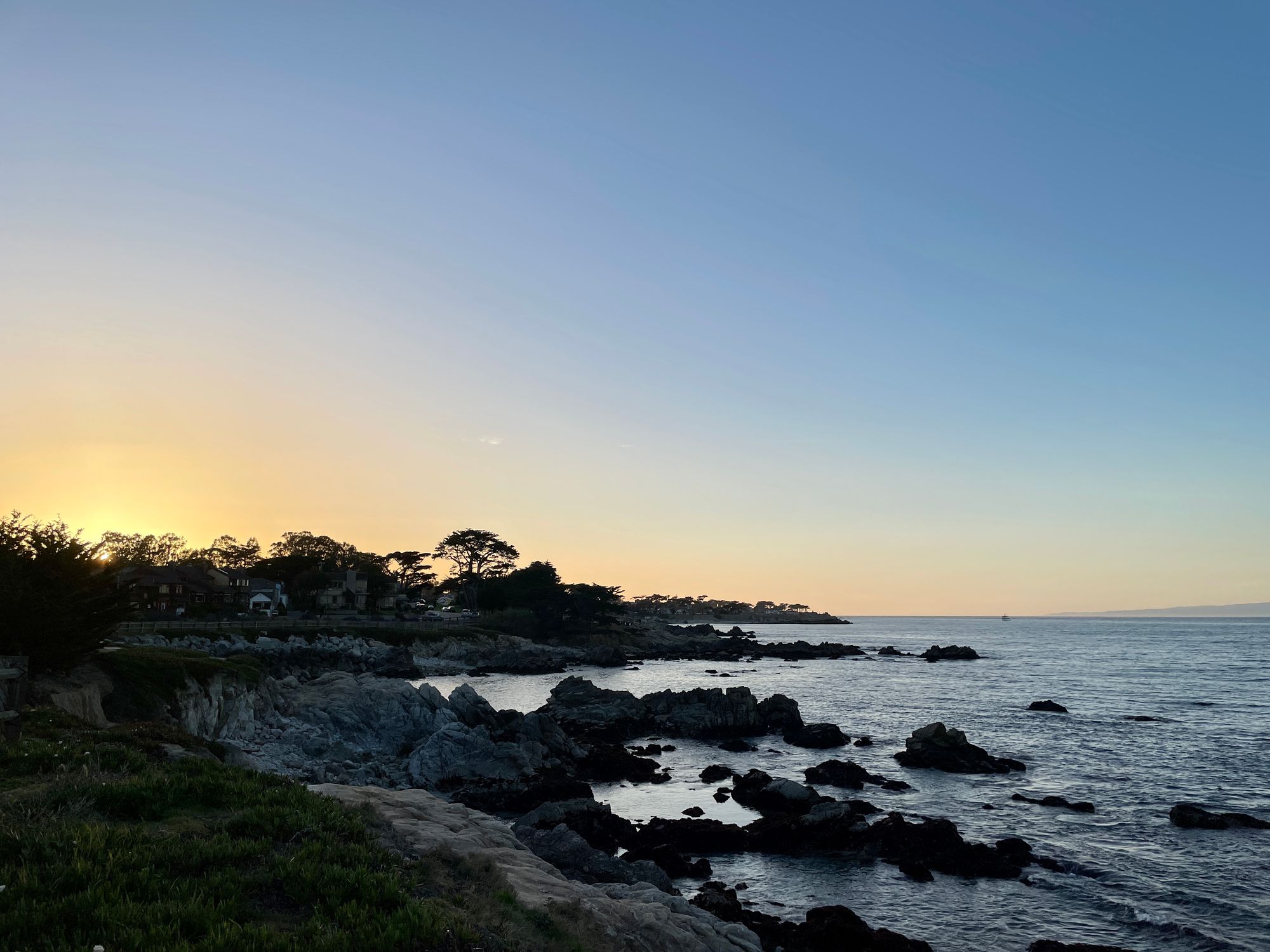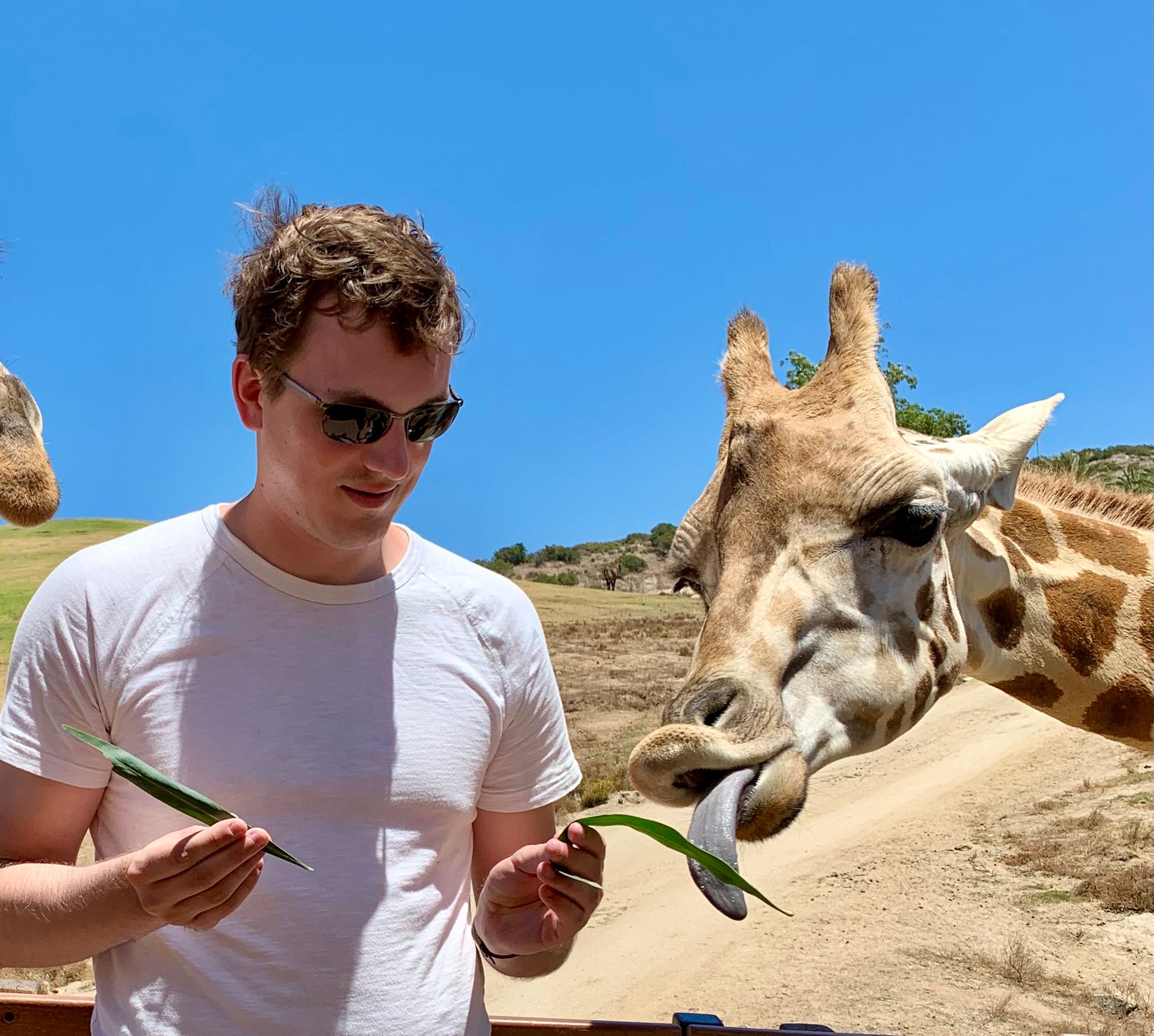I spent a large part of the winter preparing to visit my ailing grandparents overseas. They've aged rather rapidly since the pandemic started, and it's been a struggle watching their mental and physical states deteriorate over video calls. For most of the pandemic, I thought I would be a burden if I showed up: both aunts in the house would spend all their effort and time me instead of my grandparents. But sometime in December, I saw that they needed some new energy, and I committed to visiting in February.
I don't regret going at all. While my grandparents only recognized me half the time, and spent more than half the day slumped over the table, half sleeping and half eating, the presence of someone new in the house gave everyone a boost. My grandpa beamed when he recognized me in the mornings, and my aunt loved talking to me after her parents went to bed.
Still, it was difficult. I don't want to remember my grandparents as part-zombie; I want to remember the energetic, playful pair they were even 10 or 15 years ago. But those people are lost to time. It hit some deep nerve when my grandpa freaked out as I brought down lunch one day, thinking I was a burglar. I was no longer family to him.
But I had prepared for this kind of reaction, so though I became rather quiet for the rest of that day, I wasn't too affected.
This adventure to Europe was bookmarked but some unfortunate events back home in the US. My best friends from the SF Bay Area decided to move closer to family across the country. Suddenly my "hey, want to hang out tonight" people were gone, and I had to find a new outlet for that energy. About a week after they left, and a week before my flight to Europe, I found out my aunt had died. She and my uncle were my closest relatives, both physically and emotionally, but I hadn't seen them much since the start of the pandemic. I almost didn't fly out to Europe to make sure my uncle would be alright. And finally, on my 2nd day back from my trip, my dad informed me that my grandma had died.

Now, I've never been particularly good at showing, handling, or even talking about emotions. My dynamic range of emotions is small. I rarely, if ever, cry (I actually can't remember a time when I cried from emotions), and I don't know if I've ever been giddy with excitement like I see some friends. I get happy and angry, sure, but I don't really know how to express it. My fiancee gets very excited when I smile because it's such an outward show of emotions.
What does happen when I'm very upset or sad is that I shut down. I hop into bed and go to sleep. I lose the ability to do anything other than my predetermined duties. I'll still do laundry, I'll still go to work, and I might even go exercise regularly. But outside of the things I feel like I need to do, I don't do anything. At one point in the early pandemic, I was sleeping more than 12 hours a day.
I had some time to prepare for all of these losses and the associated stress this time, but it couldn't prevent me from being affected. I found myself staring into space instead of working on a personal programming project I was looking forward to opening back up, throwing my fantasy baseball draft on auto-pick because I couldn't bring myself to look up any stats, and opening up new blog posts just to smack the keyboard randomly.
Maybe that's all ok. Maybe I did all I could to prepare myself for these events, and I'm seeing the best-case outcome. But even when you know it's coming, a loss can hit you differently that you'd ever imagine.

